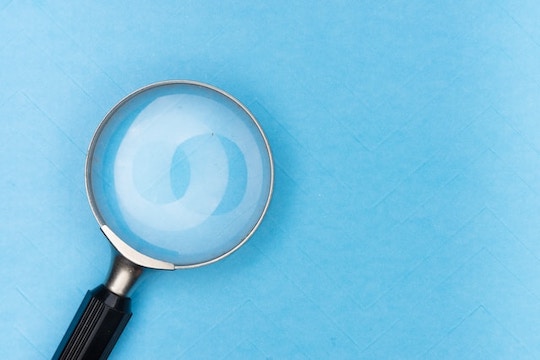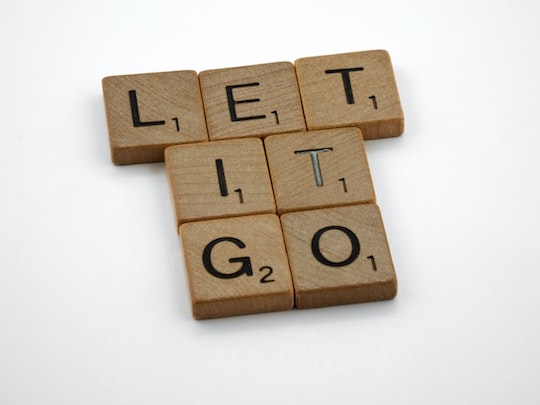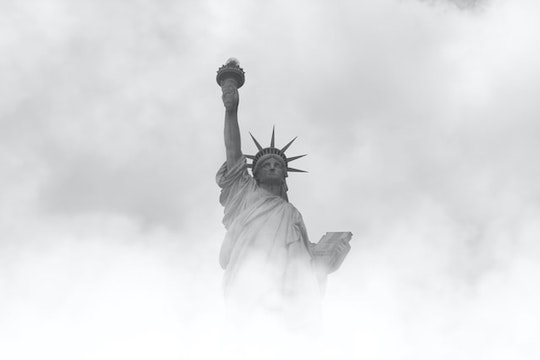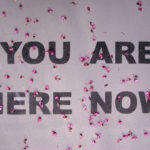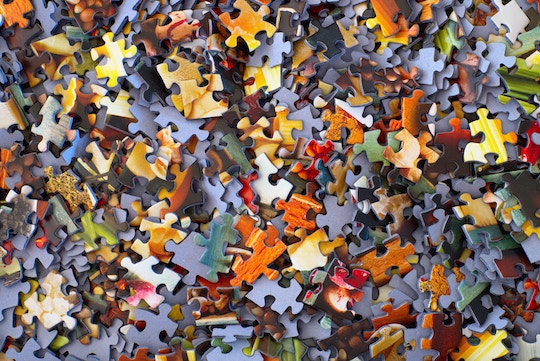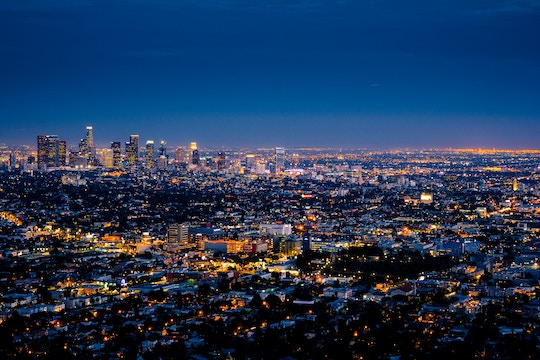“Sooner or later we all sit down to a banquet of consequences.”
—Robert Louis Stevenson, 19th Century Scottish novelist, essays, and poet
Today’s quote is a powerful reminder that our choices — big and small — ultimately shape our lives.
It encourages us to see every decision as a seed planted for the future. Some yield sweet fruit, while others may bring lessons wrapped in challenges.
The “banquet” is not just about judgement — it’s an invitation to take responsibility and learn from our actions.
In the process of coaching, we focus on intentionality, choosing wisely, acting with integrity, and embracing accountability.
When we reflect on our daily choices, it’s helpful to ask: What kind of banquet am I preparing for myself and other?
Your future self will thank you for the care you take today.
EXERCISE:
In what ways do you accept and demonstrate accountability and responsibility in your personal and professional life?
How does embracing these qualities provide a banquet of positive consequences for yourself and others☹?


